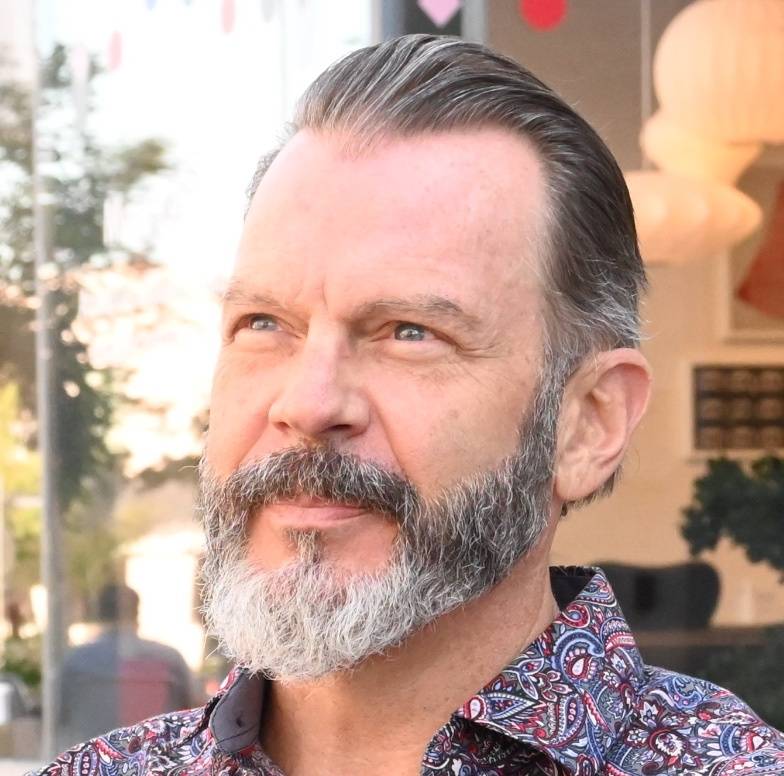
The promise of winning large grants lures many nonprofits into thinking foundations are key to stabilizing their funding. As the founder of one small nonprofit admitted, “I used to think foundations represented distant money pots that our team just had to know how to access…” It’s a common assumption that nonprofits must address if they hope to forge lasting relationships with grant-making organizations.
While winning a grant can transform your organization, the process of winning that grant requires intentional effort and careful planning. To win a grant, start by busting 5 myths that keep nonprofits from connecting with funders.
MYTH #1: Foundations Offer Something for Nothing
Reality: Grantmakers are not fairy godmothers. Rather, grants are rational deals between colleagues. Foundations give because what you plan to do with the money you receive fits their goals, initiatives and dreams.
Many grant-making organizations were founded with specific objectives–for example, the Bill and Melinda Gates Foundation explains that in developing countries, it “focuses on improving people’s health and giving them the chance to lift themselves out of hunger and extreme poverty.” While the people reading grant applications may personally value animal rights, it’s unlikely they’ll commit the foundation’s $43.5 billion endowment toward projects that are not aligned to the founder’s stated goals.
Winning a grant begins months–even years–before you submit your application, as you seek to build mutually beneficial relationships with foundations. Approach grant-makers as potential partners, rather than rescuers.
MYTH #2: Writing Grant Proposals Is an Ordeal.
Anyone who has made a late night trip to FedEx to submit a proposal before a deadline, knows how stressful the process of applying for grants can be. Even worse, it feels like a waste of time and effort if you don’t win the grant you worked so hard to write. In addition, your staff may be so busy running programs that they don’t have extra time to devote to writing grants.
Reality: Put a basic system in place that will simplify and streamline the process. Many applications share similar elements that can be adapted for specific applications. If you live in a state like Colorado, many funders use the state’s Common Grant Application, which can be used to apply to numerous foundations.
Instead of scrambling, save time and effort by doing your homework before you start to write a grant application. Build a grant writing team to share the load and take advantage of free resources (like the ones Yippiekiyay offers!) to learn basic grant-writing skills.
MYTH #3: Writing Grant Proposals Is an Ordeal.
Have you ever heard the expression “spray and pray”? It’s the idea that applying for a large number of grants (quantity) is more effective than focusing on a select few awards (quality).
Reality: Winning Grants depends on pinpoint matches and tailored proposals. One grant maker noted, “Less than 10% of the proposals my foundation receives fit our guidelines—and the ones that don’t fit are rejected.”
Remember, grants represent a partnership based on respect and mutual commitment. When a foundation gives you money, it assumes your organization will help the foundation accomplish its goals (i.e. ending child poverty, advocating for animal rights, etc.) For this reason, every element of your application should demonstrate how your efforts will advance a foundation’s priorities.
MYTH #4: You need to know someone at a foundation to win a grant
Reality: You don’t need to know anyone to get started, but focus on building relationships as you move through the application process. Remember, grant-seeking isn’t about cultivating personal friendships, but about building business relationships based on mutual regard and respect. In her book Demystifying Grant Seeking, Judith Nichols explains, “You want to develop evolving relationships of collaboration in which you consistently provide proof that your organization is a responsible and effective partner in a potential funder’s efforts.”
MYTH #5: Grants can form the foundation of your organization’s funding.
A handful of large grants may seem easier to manage than gifts from numerous smaller donors, but grants are just one component of a healthy, diverse development strategy.
Reality: Grants are useful most to fund specific projects or initiatives. Grants rarely provide the consistent support you need to fund daily operations. In fact, foundations don’t want to be your only source of income, and will say so in their grant requirements. Grant-makers want to know that your work won’t grind to a halt the moment their funding runs out. For this reason, it’s not unusual to see foundations specify that they won’t fund operating expenses or more than 10% of the total cost of the project. Start small! If you are approaching a foundation for the first time, request a smaller amount of money and focus on building a strong, lasting relationship instead. Prove your reliability first before attempting to “go for the gold”.
What steps should you take to win game-changing grants for your organization? Stay tuned even more resources to help you thrive!
Image courtesy of Stuart Miles at FreeDigitalPhotos.net
Get even more help in starting your 501c3. Let us do the heavy lifting up front. We really can help with anything, even your annual corporation report. We've got tons of 501c3 success stories to help you along the road of starting a nonprofit. So let's get started.


